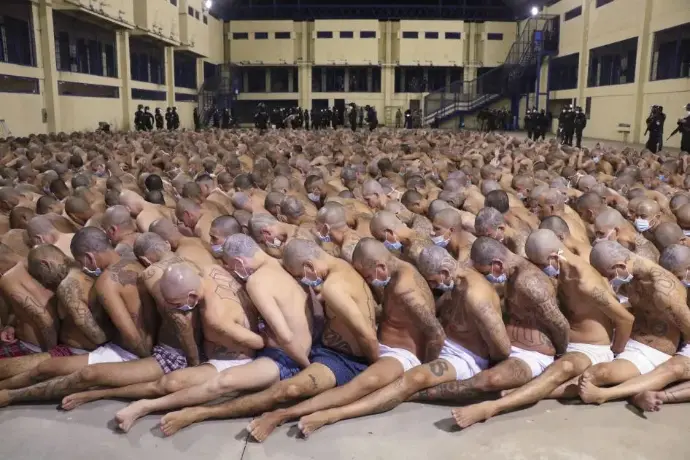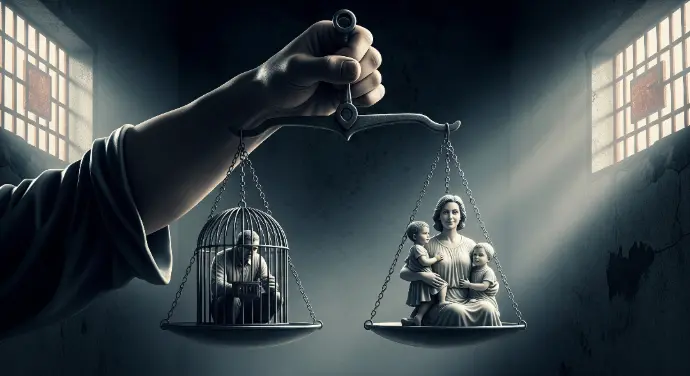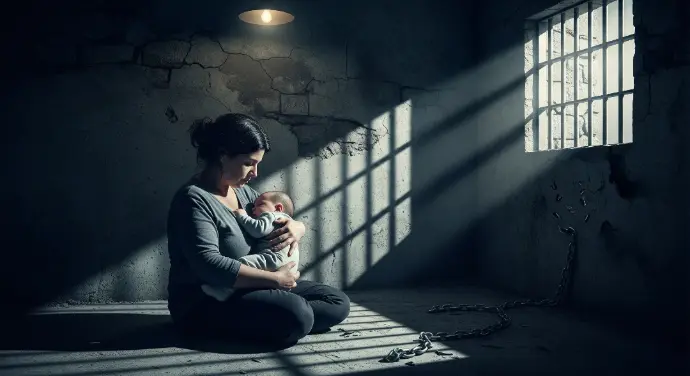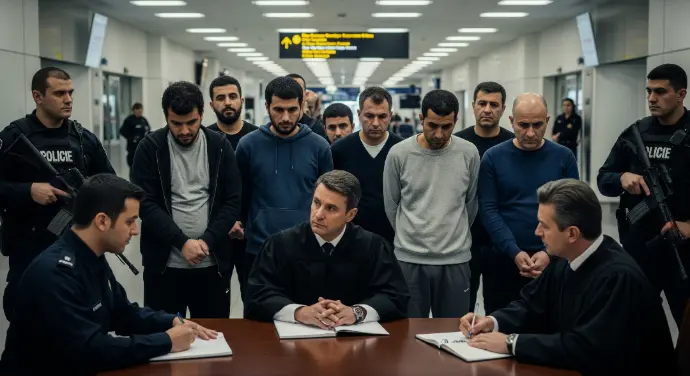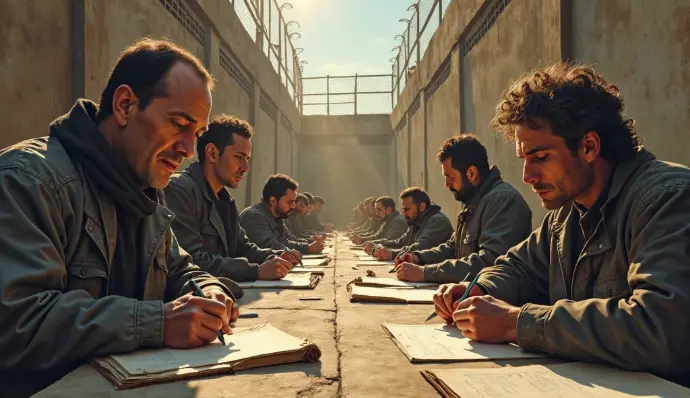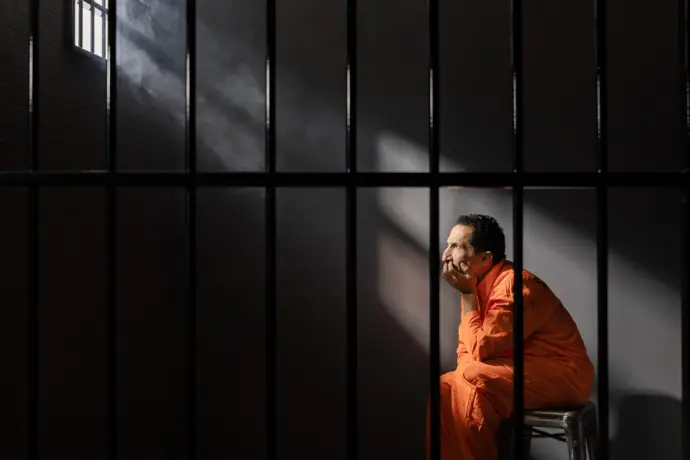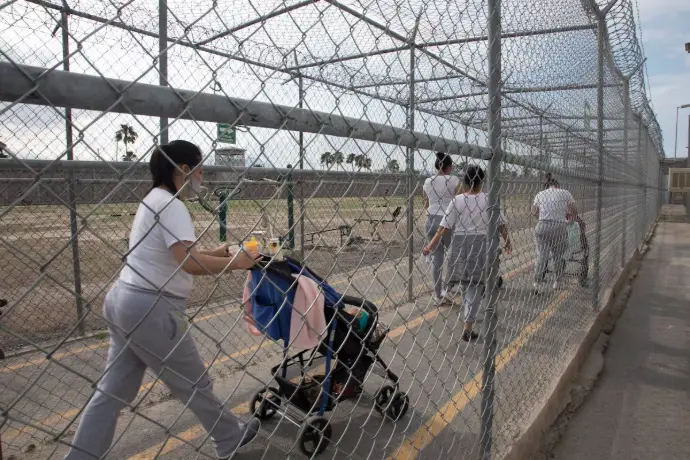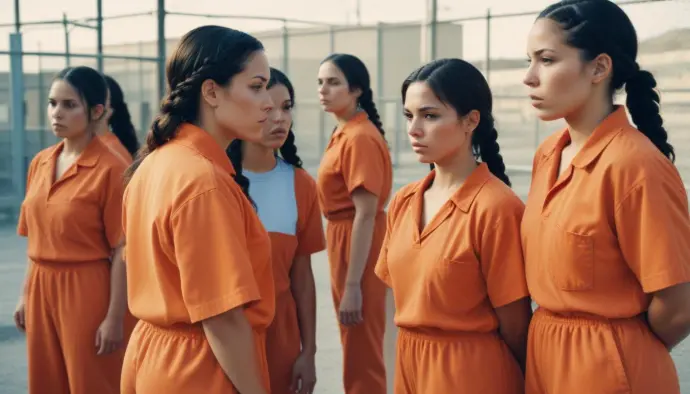Rights of the Prison System
One of the fundamental principles of the prison system is to guarantee the human rights of persons deprived of their liberty. Although specific rights may vary by country, they generally include aspects such as:
- Basic rights: Right to life, right not to be subjected to torture, cruel, inhuman, or degrading treatment.
- Adequate conditions: Access to food, drinking water, hygiene, and adequate medical care.
- Communication: Right to maintain contact with family and friends, whether through visits, calls, or correspondence.
- Access to justice: Right to legal assistance and fair treatment in the judicial system.
- Social reintegration: Right to education, vocational training, and recreational activities that promote rehabilitation.
- Religion: Freedom to practice religious beliefs.
- Protection against discrimination: Equality before the law regardless of gender, race, ethnic origin, or religion.
In many countries, these rights are supported by international laws and treaties, such as the United Nations Standard Minimum Rules for the Treatment of Prisoners (the Mandela Rules).

